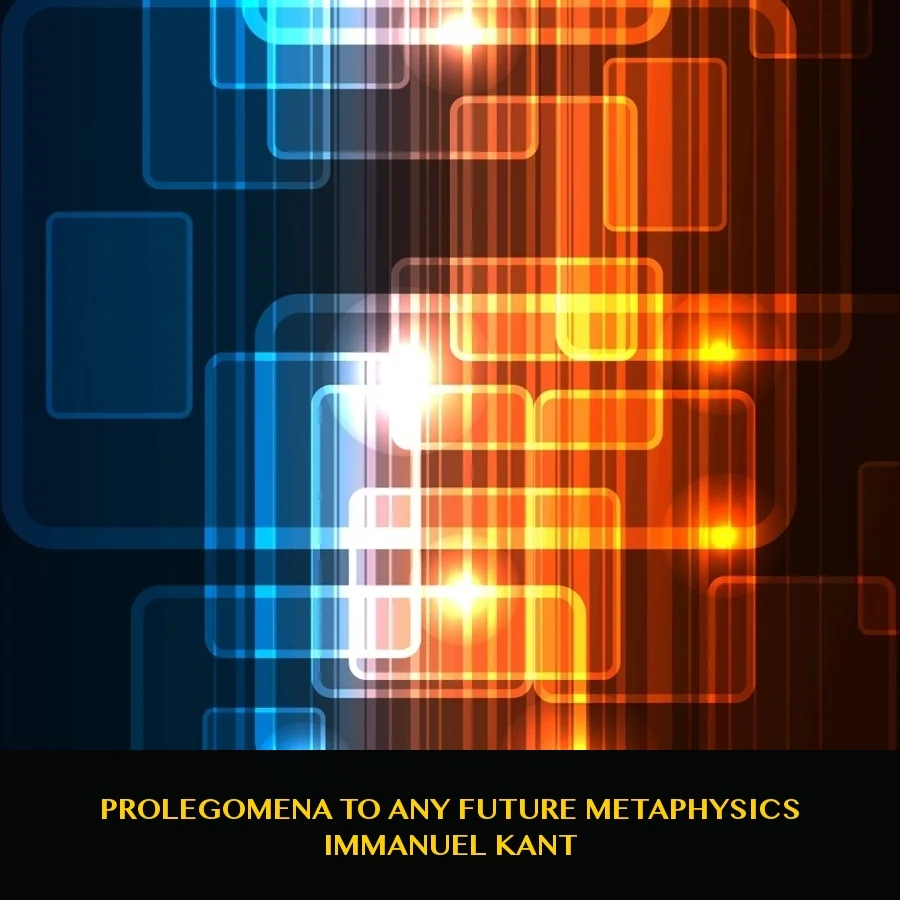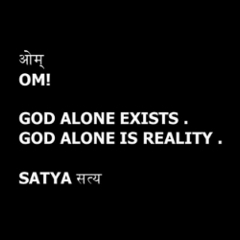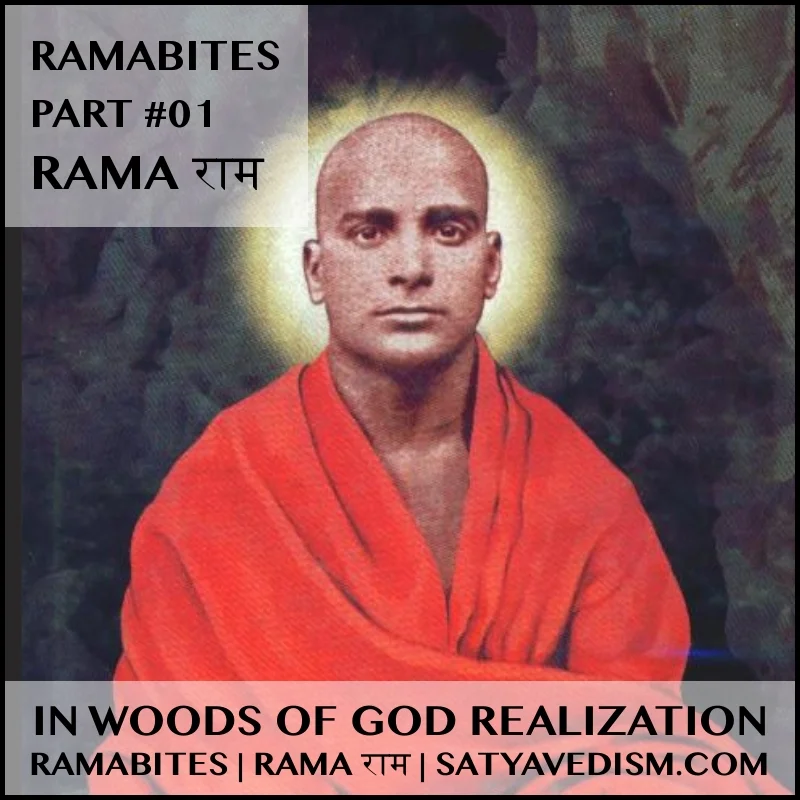PROLEGOMENA | PTAFM | SEL003 | KANT
| | homePROLEGOMENA | PTAFM | SEL003 | IMMANUEL KANT
SECTION 03 | A REMARK ON THE GENERAL DIVISION OF JUDGMENTS INTO ANALYTICAL & SYNTHETICAL
This division is indispensable , as concerns the Critique of human understanding , and therefore deserves to be called classical , though otherwise it is of little use , but this is the reason why dogmatic philosophers , who always seek the sources of metaphysical judgments in Metaphysics itself , and not apart from it , in the pure laws of reason generally , altogether neglected this apparently obvious distinction .
Thus the celebrated Wolf , and Wolf's acute follower Baumgarten , came to seek the proof of the principle of Sufficient Reason , which is clearly synthetical , in the principle of Contradiction .
In Locke's Essay , however , I find an indication of my division .
For in the fourth book , having discussed the various connections of representations in judgments , and their sources , one of which Locke makes " identity and contradiction " ( analytical judgments ) , and another the coexistence of representations in a subject , Locke confesses that our a priori knowledge of the latter is very narrow , and almost nothing .
But in Locke's remarks on this species of cognition , there is so little of what is definite , and reduced to rules , that we cannot wonder if no one , not even Hume , was led to make investigations concerning this sort of judgments .
For such general and yet definite principles are not easily learned from others , who have had them obscurely in their minds .
We must hit on them first by our reflection , then we find them elsewhere , where we could not possibly have found them at first , because the authors themselves did not know that such an idea lay at the basis of their observations .
Those who never think independently have nevertheless the acuteness to discover everything , after it has been once shown them , in what was said long since , though no one ever saw it there before .
SECTION 04 | THE GENERAL QUESTION OF THE PROLEGOMENA . IS METAPHYSICS AT ALL POSSIBLE ?
Were a metaphysics , which could maintain its place as a science , really in existence ; could we say , here is metaphysics , learn it , and it will convince you irresistibly and irrevocably of its truth : this question would be useless , and there would only remain that other question ( which would rather be a test of our acuteness , than a proof of the existence of the thing itself ) ,
" How is the science possible , and how does reason come to attain it ? "
But human reason has not been so fortunate in this case .
There is no single book to which you can point as you do to Euclid , and say : This is Metaphysics ; here you may find the noblest objects of this science , the knowledge of a highest Being , and of a future existence , proved from principles of pure reason .
We can be shown indeed many judgments , demonstrably certain , and never questioned ; but these are all analytical , and rather concern the materials and the scaffolding for Metaphysics , than the extension of knowledge , which is our proper object in studying it .
Even supposing you produce synthetical judgments ( such as the law of Sufficient Reason , which you have never proved , as you ought to , from pure reason a priori , though we gladly concede its truth ) , you lapse when they come to be employed for your principal object , into such doubtful assertions , that in all ages one Metaphysics has contradicted another , either in its assertions , or their proofs , and thus has itself destroyed its own claim to lasting assent .
Nay , the very attempts to set up such a science are the main cause of the early appearance of skepticism , a mental attitude in which reason treats itself with such violence that it could never have arisen save from complete despair of ever satisfying our most important aspirations .
For long before people began to inquire into nature methodically , they consulted abstract reason , which had to some extent been exercised by means of ordinary experience ; for reason is ever present , while laws of nature must usually be discovered with labor .
So Metaphysics floated to the surface , like foam , which dissolved the moment it was scooped off .
But immediately there appeared a new supply on the surface , to be ever eagerly gathered up by some , while others , instead of seeking in the depths the cause of the phenomenon , thought they showed their wisdom by ridiculing the idle labor of their neighbors .
The essential and distinguishing feature of pure mathematical cognition among all other a priori cognitions is , that it cannot at all proceed from concepts , but only by means of the construction of concepts .
As therefore in its judgments it must proceed beyond the concept to that which its corresponding visualization contains , these judgments neither can , nor ought to , arise analytically , by dissecting the concept , but are all synthetical .
SOURCE | SATYAVEDISM.ORG



































































































